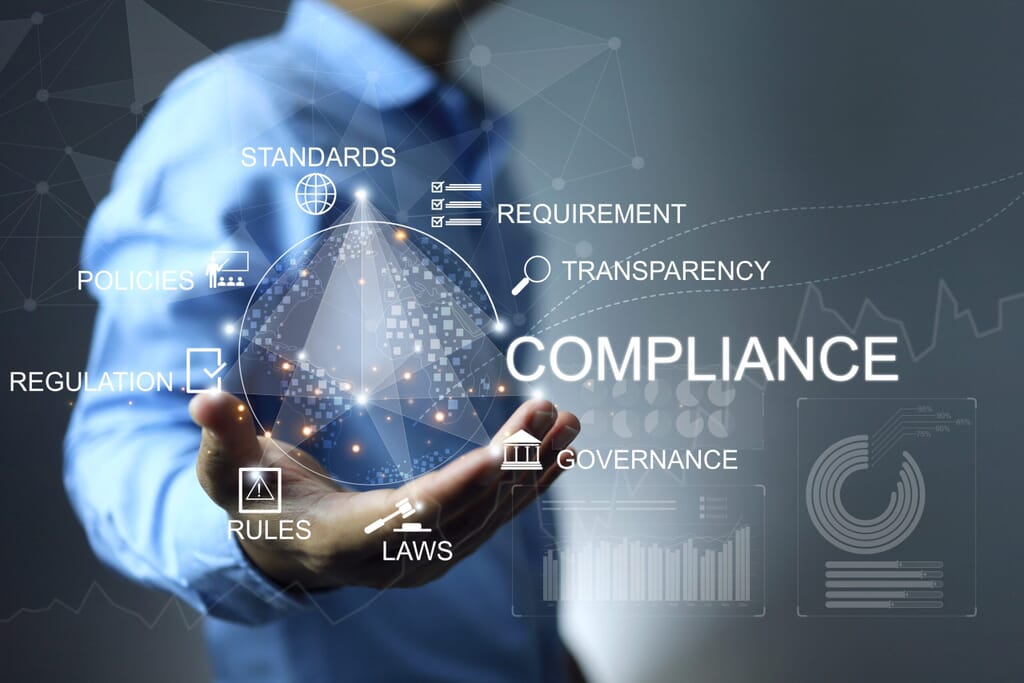Get in touch
Cheltenham, Gloucestershire
GL52 2NF, United Kingdom
Follow Us

Category: Advice
The Duties of a Non-Executive Director: Governance, Risk, and Compliance Explained
In this article, we explore the key duties of a Non-Executive Director, including boardroom responsibilities, governance principles, risk management, and compliance obligations.
The Boardroom Code: The Role of a Non-Executive Director
NEDs serve on the board of directors, bringing an external perspective that enhances corporate strategy and governance. Their primary responsibilities include:
- Providing Independent Oversight – NEDs challenge the executive team, ensuring decisions align with the company’s long-term interests.
- Contributing to Strategy – They help shape business strategy by offering insights from their own industry experience.
- Ensuring Accountability – NEDs hold executives responsible for delivering results while maintaining ethical and legal obligations.
- Protecting Shareholder Interests – They balance the needs of shareholders, employees, customers, and the wider community.
- Bringing Specialist Knowledge – Many NEDs have expertise in finance, governance, legal, or specific industries, providing valuable input.
Understanding Governance: The NED’s Role in Corporate Oversight
Governance is the foundation of corporate success. The UK Corporate Governance Code outlines key principles that boards, including NEDs, must follow:
- Leadership – Boards must be effective, accountable, and well-structured, ensuring leadership is aligned with company values.
- Effectiveness – NEDs help ensure the board operates efficiently, with the right mix of skills, experience, and diversity.
- Accountability – They oversee financial reporting and internal controls to safeguard business integrity.
- Remuneration – NEDs play a role in setting executive pay to ensure fairness and alignment with company performance.
- Stakeholder Relations – Engaging with investors and wider stakeholders is a key responsibility to maintain trust and transparency.
NEDs must also monitor corporate culture, ensuring ethical practices are upheld and embedded across the organisation.
Risk Management: A Key Non-Executive Director Responsibility
One of the most critical duties of a Non-Executive Director is risk oversight. Boards rely on NEDs to help identify, assess, and mitigate risks that could impact the organisation.
Key Areas of Risk Oversight
- Financial Risk – Ensuring financial sustainability, reviewing budgets, and scrutinising forecasts to prevent economic instability.
- Operational Risk – Overseeing company operations, ensuring efficiency, and identifying vulnerabilities.
- Regulatory and Compliance Risk – Ensuring adherence to legal frameworks and industry regulations to avoid penalties.
- Reputational Risk – Protecting the company’s brand and reputation by ensuring ethical conduct and crisis management plans.
- Cybersecurity and Data Risk – In today’s digital age, NEDs must ensure adequate protections against cyber threats and data breaches.
NEDs achieve this by working closely with audit and risk committees, reviewing reports, and questioning executives on how risks are managed and mitigated.
Compliance and Legal Duties of NEDs. 
Non-Executive Directors have legal obligations under corporate law, particularly in the UK where they must adhere to the Companies Act 2006. Key compliance duties include:
- Acting in Good Faith – NEDs must prioritise the success of the company and its stakeholders.
- Exercising Due Diligence – They must ensure they are well-informed before making boardroom decisions.
- Avoiding Conflicts of Interest – Any personal or professional conflicts must be disclosed and managed.
- Ensuring Regulatory Compliance – Companies must adhere to laws relating to finance, employment, health and safety, and data protection.
Failure to uphold these duties can result in personal liability for NEDs, making it crucial for them to stay informed and vigilant.
The NED’s Role in Board Committees
Many NEDs serve on board committees, each with distinct oversight responsibilities:
- Audit Committee – Reviews financial reporting, risk, and internal controls.
- Remuneration Committee – Oversees executive pay structures and incentives.
- Nomination Committee – Ensures board succession planning and diversity.
- Risk Committee – Focuses on enterprise risk management and crisis response.
Participation in these committees strengthens governance and ensures a well-balanced, accountable board structure.
Why Non Executive Directors Are Essential for Good Governance
Strong governance depends on independent and effective NEDs. Their ability to challenge executives, ensure ethical behaviour, and oversee risk makes them crucial for business stability and long-term success.
By fulfilling their duties effectively, NEDs enhance stakeholder confidence, protect shareholder value, and ensure businesses operate with integrity.
Final Thoughts
The role of a Non-Executive Director goes beyond attending board meetings. It requires strategic oversight, governance expertise, and a commitment to ethical leadership. NEDs who excel in these areas safeguard corporate success while upholding the highest standards of accountability and compliance.
For those considering an NED position, understanding these responsibilities is essential to making a meaningful impact in the boardroom.
For further reading take a look at this article written by Tim Dare, Managing Director at Mosaic Search & Selection, who talks through his own experiences and benefits of being an NED.
Mosaic Search & Selection – Specialists in senior level recruitment in the Publishing, BPO, and Financial Services Sectors
You may also be
interested in...
Category: Advice
Risk, Compliance & Transformation: The New FS Leadership Triangle
For much of the past two decades, financial services leadership hiring followed a familiar pattern. Institutions typically sought commercially driven…
 Read More
Read More
Category: Advice
AI and Job Applications: Help or Hindrance?
Artificial intelligence (AI) has very quickly become part of the job search process. From CV writing to cover letters to…
 Read More
Read More
